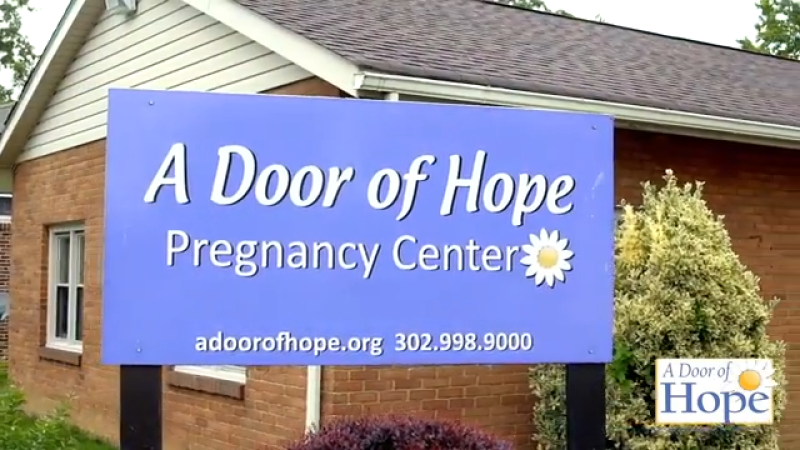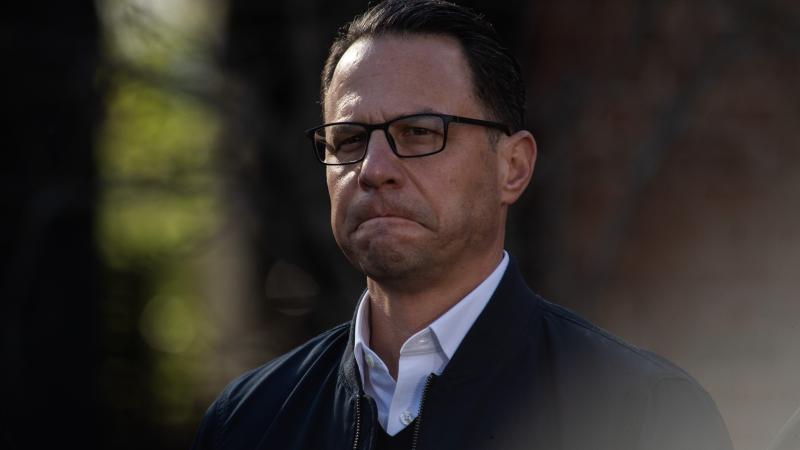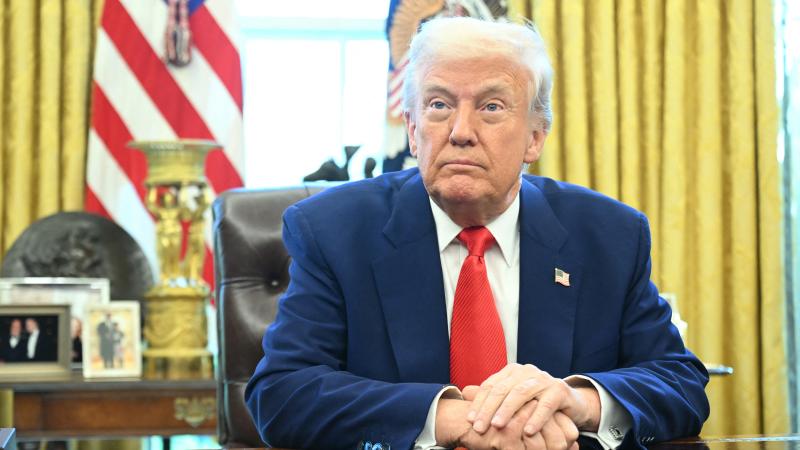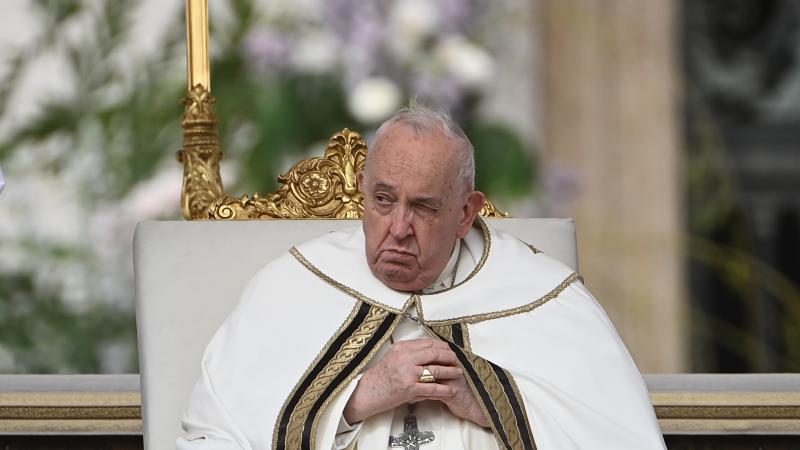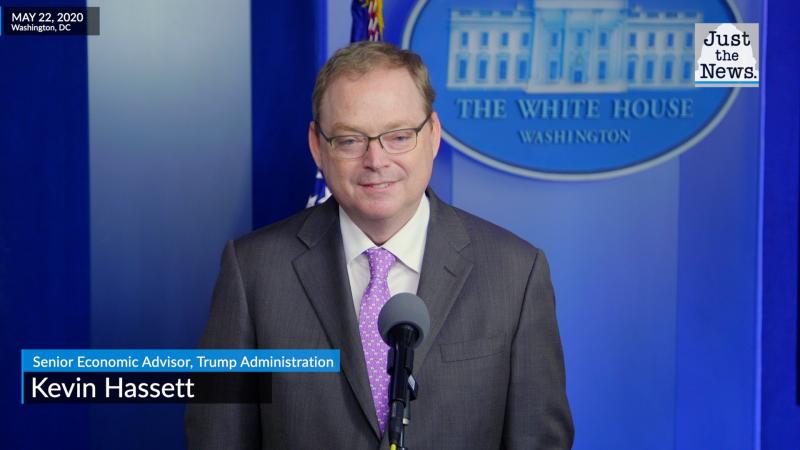As abortion issue plays out in U.S. state houses, battle in Italy moves to abortion clinics
Meanwhile, European nations appear to have moved toward more conservative stances on other hot-button issues like immigration, transgenderism
While the legal status of abortion in the U.S. is being debated in state houses across the country, in Italy the battle is moving to abortion clinics.
Italy’s abortion laws are among the most restrictive in Europe, largely because the country is home to the Vatican, which despite criticisms of progressive policies under Pope Francis, is unwavering in its opposition to abortion.
Though Italy has some of the strictest abortion laws on the continent, European nations on a whole appear to have moved toward more conservative stances on other hot-button issues including immigration and transgenderism.
Italian Prime Minister Giorgia Meloni was at the forefront of an effort last year to try to get the EU to shift its immigration policy toward deterring migrants from even coming to Europe, a plan that centrist Dutch Prime Minister Mark Rutte reportedly backed a short time later.
More recently, the NHS, one of the United Kingdom's four major health care systems, said last week it's set to declare that sex is a biology fact, marking a landmark shift away from gender ideology.
Another factor for why Italy's abortion stance is that Meloni, a conservative firebrand, sees abortion as contrary to the country's goal of curbing its dramatic population decline – thought to be the most extreme in any major industrialized economy.
In the latest move, Italy’s parliament voted to allow campaigners who “support motherhood” to enter abortion clinics to convince women not to terminate their pregnancies. Meloni said the new law is aimed at informing prospective mothers about the impacts of their decision.
Still, the wider trend across Europe on abortion is loosening restrictions.
Critics of the Italian initiative said that allowing activists into clinics was unsafe and unethical and against the “fundamental right” to women’s safe access to abortion in Europe.
Even before the latest measure, Italian doctors had a right to refuse abortion access on a case-by-case basis. Data from 2021 showed that more than 60 percent of gynecologists refused to perform the procedures in almost all cases.
The Vatican did not formally weigh in on the abortion debate in Italy.
The Holy See generally avoids exerting overt influence over Italian affairs, but it came out in favor of the Italian abortion measure as its passage became imminent. “The Vatican blesses anti-abortion measures,” one leading Italian newspaper declared on the eve of the parliamentary vote.
The developments in Italy come amid increasingly intense debate in the U.S.
In Florida, a ban on abortions after six weeks of pregnancy went into effect May 1. Anti-abortion advocates are reportedly taking over the airwaves in Minnesota. And in Arizona an abortion law written in 1864 has at least temporarily displaced border control laws as the state’s hot button political issue.
Last month, Arizona’s Supreme Court voted to restore a Civil War-era law that provided no exceptions for rape or incest and allowed abortions only if the mother’s life is in jeopardy.
However, a swift, bipartisan effort in the state Legislature led to the passage of a bill to repeal the law that Democrat Gov. Katie Hobbs signed last week.
In Kansas, Republicans have successfully overridden vetoes of anti-abortion laws by the state’s Democratic governor, Laura Kelly.
President Joe Biden, a Democrat who supports protecting abortion access in spite of his Catholic faith, in April unveiled a rule to protect the privacy rights of women who get abortions.
Meanwhile, former President Donald Trump, who as president appointed the three Supreme Court justices who were instrumental in overturning the 1973 Roe v. Wade court decision that guaranteed abortion rights with certain limitations, more recently said a federal ban on abortions is unnecessary.
That’s a stance that has angered some anti-abortion conservatives.
Back in Europe, the developments in Italy are going against a general liberalization trend in Europe on abortion that is in contrast to what is happening in the U.S.
In highly Catholic Poland, lawmakers have recently voted to weaken abortion restrictions, while France voted in March include rights to abortion access in the country’s constitution.
In Germany, a government panel has just recommended allowing access through the first trimester of pregnancy. And the small island nation of Malta, where abortion had been illegal under any circumstances until last year, now allows some exceptions to those rules.
The Facts Inside Our Reporter's Notebook
Links
- criticisms of progressive policies under Pope Francis
- opposition to abortion
- Dutch Prime Minister Mark Rutte reportedly backed a short time later.
- conservative firebrand
- the most extreme in any major industrialized economy
- campaigners who âsupport motherhoodâ
- âfundamental rightâ to womenâs safe access to abortion
- more than 60 percent of gynecologists
- it came out in favor of the Italian abortion measure
- The Vatican blesses anti-abortion measures
- ban on abortions after six weeks of pregnancy
- taking over the airwaves in Minnesota
- an abortion law written in 1864
- vetoes of anti-abortion laws
- a rule to protect the privacy rights of women who get abortions
- a federal ban on abortions is unnecessary
- anti-abortion conservatives
- general liberalization trend in Europe
- highly Catholic Poland
- France voted in March
- In Germany, a government panel
- small island nation of Malta



